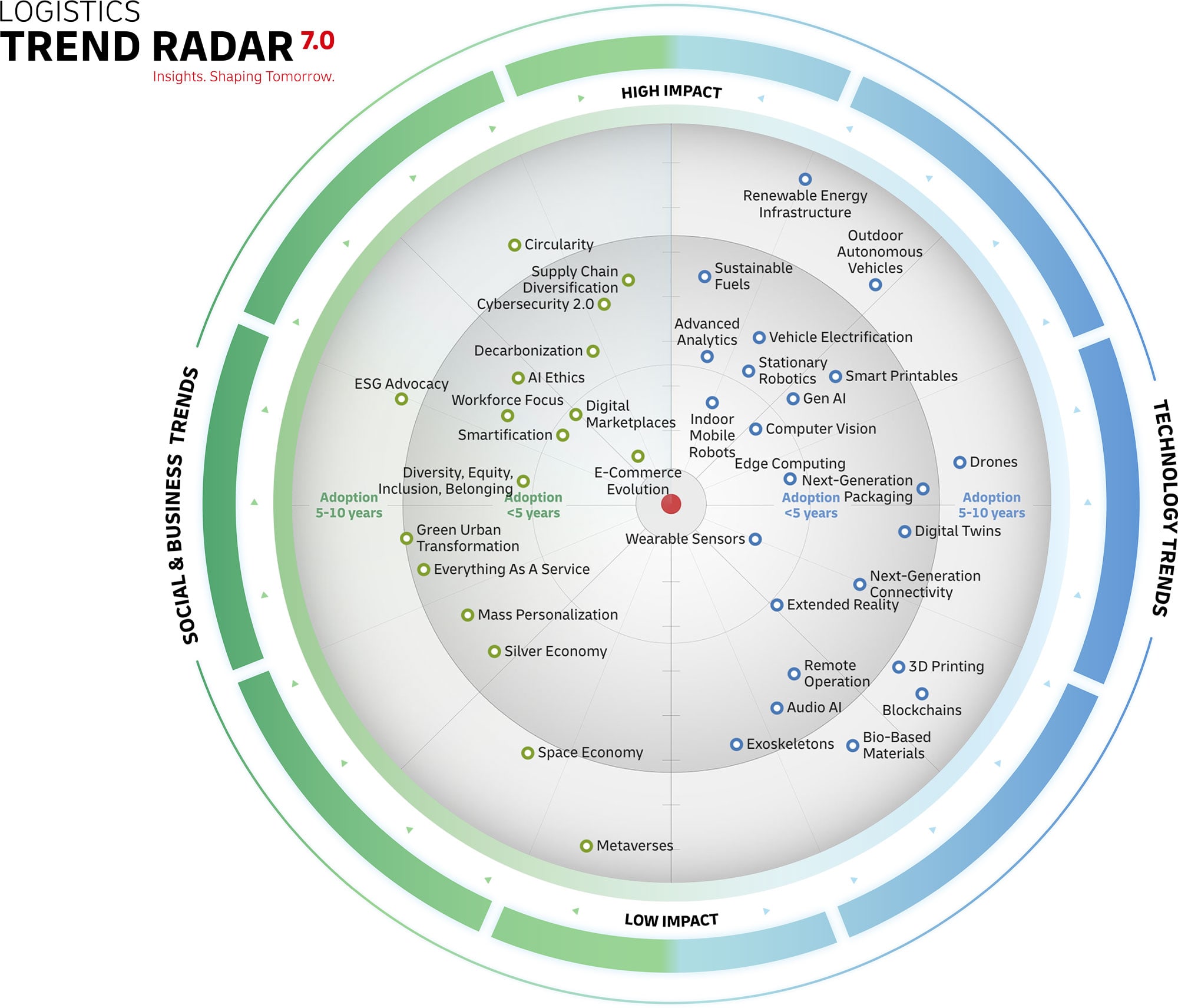The trend of Environmental, Social and Governance (ESG) Advocacy encompasses the growing awareness and acknowledgment of the significant and observable negative impact that human and business activities are having on a set of aspects, including environmental issues, social issues and corporate accountability and transparency across all stakeholder groups. This recognition extends beyond a narrow focus on decarbonization and emphasizes the importance of adopting a holistic perspective that considers the interconnectedness of the above areas. ESG advocacy aims to mitigate the negative sustainability and ethical impacts of human and business activities and promote a behavior of decision makers that prioritizes the well-being of employees, customers, the society, and the planet.
Climate change is negatively impacting the environment and the world we live in. Today, one million plants and animals are threatened with extinction, the annual deforestation rate is 10.2 million hectares (more than the size of Iceland) and 75% of the earth’s surface has been altered. Additionally, global supply chains encounter challenges around social issues, including labor rights violations, unethical sourcing and unsafe working conditions in certain regions.
Growing environmental and social challenges have prompted societal and business shifts. Initiatives such as the ‘Fridays for Future’ movement and the Science Based Targets network have exerted significant pressure on companies, compelling them to prioritize sustainability efforts. As a result, businesses are gradually developing and publishing clear ESG agendas; however, there is still progress to be made in embracing sustainability along all ESG dimensions comprehensively.
In addition to monitoring conventional key performance indicators (KPIs) associated with carbon accounting, such as carbon emissions tracking, a growing number of companies recognize the imperative of adopting a comprehensive, holistic approach to sustainability. This entails considering the direct and indirect environmental impacts and ramifications of all activities.
In logistics, efforts to decarbonize transportation are currently underway. However, it is imperative to acknowledge that certain aspects within the realm of sustainability are still not fully receiving the necessary level of attention. Comprehensive action is required on holistic monitoring and reporting of environmental data on biodiversity, animal welfare, ecosystem restauration, actively protecting natural habitats and driving social and governance topics such as labor rights and ethical sourcing. This will require companies to disclose impact and promote sustainable practices.
It will take over five years for industry-wide implementation of ESG advocacy, due to the complexity of the issues at stake, the overall regulatory landscape, the current lack of clear reporting standards, and the need for accountability and incentives. But right now, if progress is to be made, it is crucial to implement proactive measures as this will establish the foundation for this transformative mindset shift.















